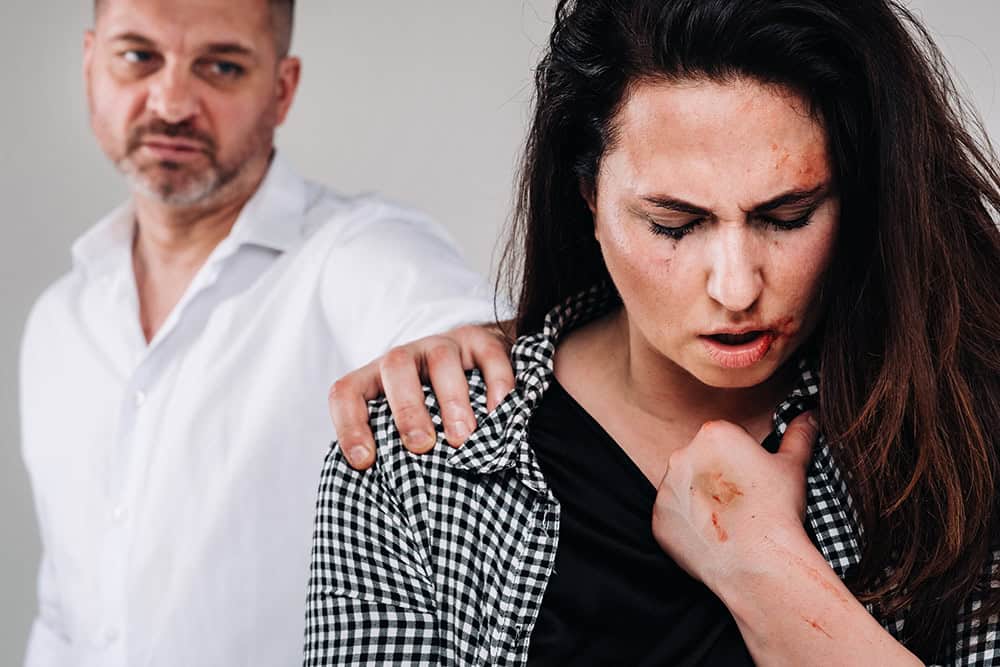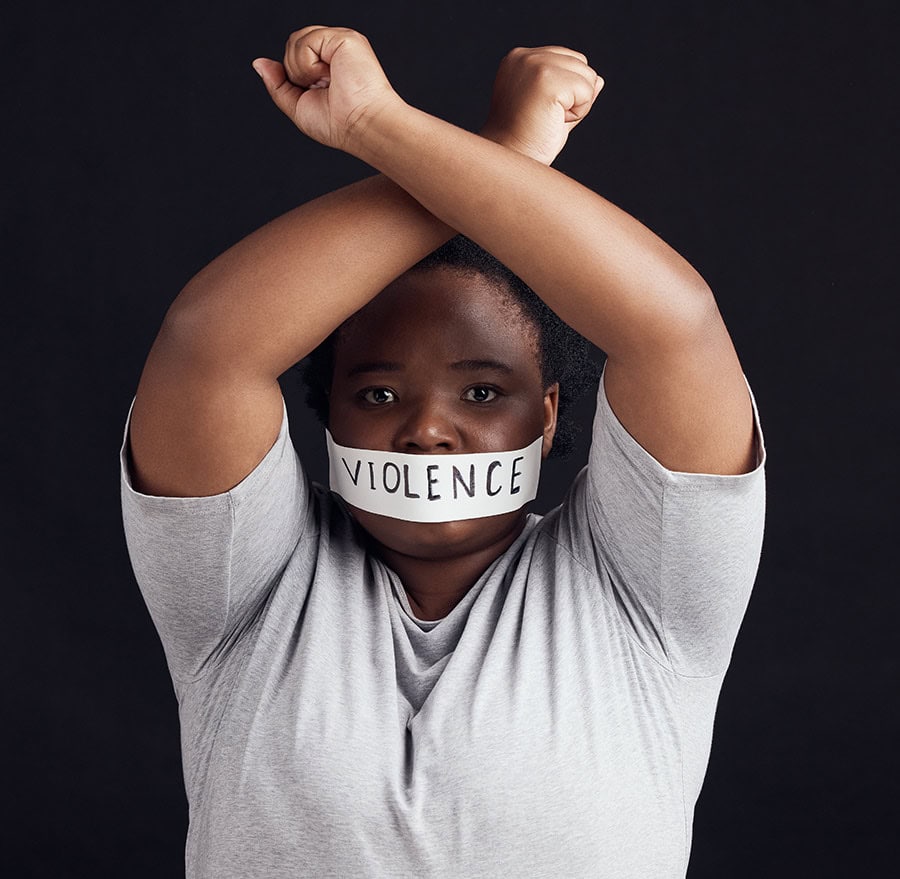Domestic abuse is a pervasive issue that knows no boundaries. It crosses lines of race, ethnicity, gender, and social class, affecting individuals from every walk of life. At Stronger Women, we are committed to empowering survivors of domestic violence through support, training, and advocacy. Our mission is to be a catalyst for life-changing emotional healing, restoration, and spiritual growth. Today, we delve into the unsettling reality that domestic abuse can affect anyone, from public figures to the neighbor next door, and explore how we can break the cycle of abuse through awareness and action.
Domestic Abuse: An Equal Opportunity Destroyer
Domestic violence is often shrouded in stigma and misconceptions. One common myth is that abuse only happens in certain types of families or communities. The truth, however, is starkly different. Abuse affects people from all socioeconomic backgrounds, including those who seem to “have it all.” High-profile cases like those of JD Vance and P. Diddy’s girlfriend, Cassie, highlight the fact that wealth and status do not provide immunity from the horrors of domestic violence.
- JD Vance’s Story**: Best known for his memoir *Hillbilly Elegy*, JD Vance sheds light on the cyclical nature of domestic violence. Despite his success, Vance witnessed firsthand the struggles of growing up in a household affected by abuse. His story underscores the fact that no amount of success or social standing can erase the impact of domestic violence.
- Cassie’s Courageous Stand**: The story of Cassie Ventura, P. Diddy’s long-time girlfriend, further exemplifies the insidious nature of domestic abuse. Despite her celebrity status and public image, Cassie has spoken out about the abuse she endured, reminding us that the issue is pervasive and often hidden behind closed doors.

Recognizing the Warning Signs
Understanding and recognizing the signs of domestic abuse are crucial steps in preventing and stopping it. Here are some warning signs to look out for in relationships:
- Controlling Behavior: Excessive jealousy or possessiveness, dictating what you can do or who you can see, and constantly checking on you are red flags.
- Isolation: Abusers often attempt to isolate their victims from friends and family to gain control over them.
- Emotional Abuse: This includes name-calling, humiliation, and manipulation, which can erode a person’s self-esteem over time.
- Physical Signs: Unexplained bruises, cuts, or injuries may be indicative of physical abuse.
- Financial Control: Limiting access to money, controlling finances, and preventing the victim from working are forms of financial abuse.
Believe the Stories
Listening and believing are two of the most powerful actions we can take to support survivors of domestic abuse. When victims come forward, they are often met with skepticism or disbelief, which only adds to their trauma. It’s essential to create a culture where survivors feel safe sharing their stories without fear of judgment or retaliation.
Breaking the Cycle Through Training and Advocacy
At Stronger Women, we believe that education and advocacy are key components in breaking the cycle of domestic violence. Through our programs, we provide survivors with the tools and resources they need to rebuild their lives and reclaim their power. Here’s how we can all contribute to this mission:
- Educate Yourself and Others
Understanding the complexities of domestic abuse and its far-reaching impact is vital. Attend workshops, read literature, and engage in conversations that challenge preconceived notions about domestic violence. - Advocate for Change
Support local and national organizations that work tirelessly to combat domestic violence. Advocate for policies that protect survivors and hold abusers accountable. - Create Safe Spaces
Whether in the workplace, community, or home, creating environments where survivors feel safe and supported can make a significant difference. - Encourage Open Dialogues
Promote conversations about domestic abuse and encourage survivors to share their stories. By normalizing these discussions, we can help dismantle the stigma surrounding this issue.
Sharing the Hard Stories to Make Change
It takes immense courage for survivors to share their stories, but these narratives are powerful catalysts for change. By getting comfortable with the uncomfortable truths, we can collectively work towards a society that no longer tolerates domestic violence in any form.
A Call to Action
We must recognize that domestic abuse is a public health crisis that affects individuals across all social classes. At Stronger Women, we stand with survivors in their journey toward healing and empowerment. Let us unite in our efforts to support those affected, believe their stories, and take meaningful action to break the cycle of abuse.
Ready to start your new life now?
It's no accident you were brought here today...let's do this!
Thank you for your commitment to making a difference. If you or someone you know is experiencing domestic violence, please reach out to Stronger Women for support and resources.
